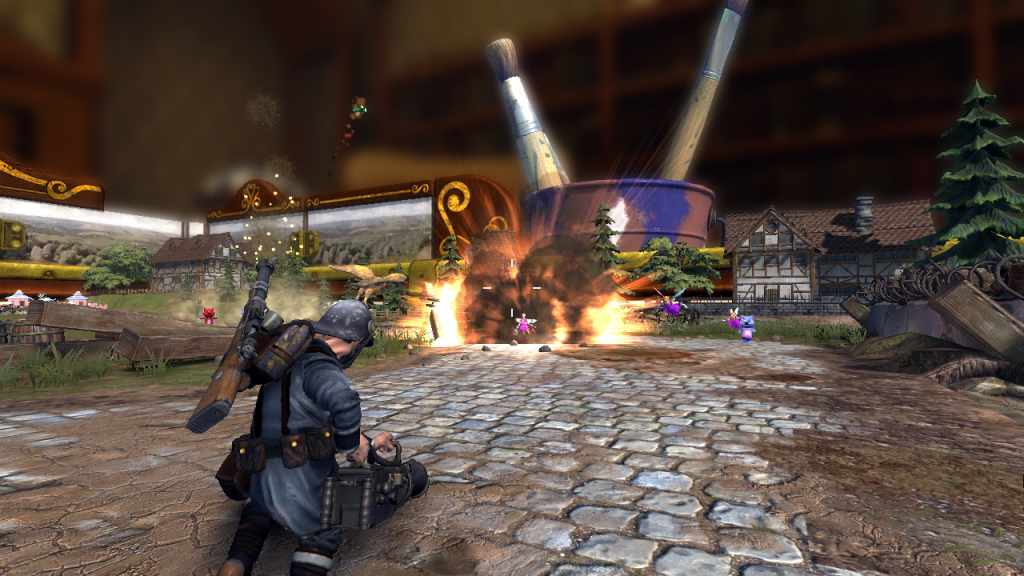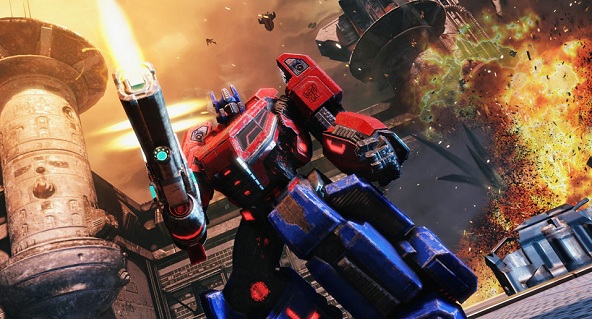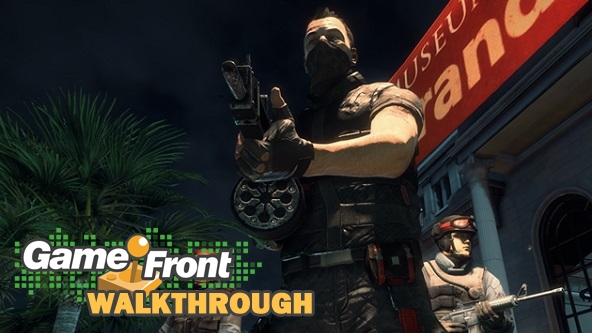Introduction to game genres
There are many types of games, although some of them are more popular than the others. The most notable genres include action, adventure, simulation, role-playing and strategy. In this article I will discuss the characteristics of these genres, the skills they require, the history of the genres and the most remarkable aspects of them.
Action games
We call a game Action when it that challenges player speed, skill and reaction time. This type of games often includes tactical conflict, research challenges and to resolve the puzzle, but they are critical elements. Action games are the most widespread and most including genre in gaming, including a wide variety of sub-genres, such as fighting games, first person shooters, beat them UPS, and platform games.
Action games typically feature violent physical force, especially shooting and melee combat, whose main interactive feature.
Bosses are typically defeated by the use of images' skills and physical reaction speed. In earlier games of action and even many modern ones, of bosses are programmed with a simple pattern of attacks or moves that players learn through trial and error. These simple models would often include a combination of moves that require players to leap, Dodge, or block an attack, then hit certain points to deal damage, perhaps even waiting time or model to attacks.
Many sub-genres, as a platform for action games and adventure games, gymnastic Add-style puzzle such as the time jumps to and from mobile platforms. Platform games, whether 2D or 3D, are generally similar in concept to the original Mario Bros. game series. Some action games feature third-person shooter game that allows players to acquire and upgrade various weapons, each sporting its own special abilities.
Adventure games
In Adventure genre focus of the story allows you to establish a strong narrative based on other media such as literature and cinema. Adventure games cover a wide variety of literary genres, including fantasy, science fiction, mystery, horror and comedy. Almost all Adventure games are designed for one player as heavy emphasis on story and character makes multi-player design difficult.
The first adventure games to appear text adventures, which is usually used verb-noun parser to interact with the user. They evolved from early meynfreym titles as lovite Wumpus and Adventure in commercial games that are optional on personal computers by Infocom broad popular Zork series. Some companies, which are important in bringing down text Adventure games were Western International, Infocom, Level 9 Computing, magnetic Scrolls and Melbourne house with Infocom are best known.
Simulation games
In computer games, simulation game Super describes various categories of video games. Some simulation games designed to simulate real world, others are designed to simulate fictitious world, others (Sims 2 for example) are designed to be able to do both.
The most popular simulation genre are: construction and management simulations Dating simulations life simulation, medical simulation, vehicle simulation, photo simulations.
Role-palying games
Computer Role-playing game is a broad video game genre originally developed for PCs and other home computers. Although technically not a separate genre and setting sharing the same characteristics as console RPGs are available, although the general trend that make them unlike RPGs on other platforms. In the early CRPGs are inspired by early role-playing games, particularly Dungeons and dragons, and tries to provide similar game experience.
Despite the array of features and styles of play, some elements are common to CRPG genre. Perhaps most remarkable is that an event with quantized features that usually develop during the game and take the place of the gamer's own skill in determining game results. Another common element of CRPGs is well developed fictional setting.
Elements of the game strongly associated with CRPGs, such as statistical character development have been widely adapted to other video game genres. For example, Grand Theft Auto: San Andreas, action game, uses resource statistics to define a wide range of attributes, including energy weapon proficiency, driving license, lung capacity and muscle tone and use multiple search and cutscenes to advance the story. Warcraft III, real-time strategy game, features characters that can complete searches, obtain new equipment and learn new skills as they advance level. Some players can say that what separates those games traditionally called CRPGs is the inclusion of material not normally be considered part of CRPGs, more than lack of content that is often However, many CRPG fans will say that the exclusion of these games from the genre stems from the lack of decision as a sign progress, a key aspect in most CRPGs.
Strategy games
Strategy Game is a game in which players' skills in decision-making have high importance in determining the outcome. Many games including this element to a greater or lesser degree, which makes it difficult distinction. It is more accurate to describe a game that has a degree of strategic elements, as is mainly based around strategic principles. Strategy (and tactics) are usually contrasted with luck, the result of chance-based games rely on probability. Games there is a continuum from pure skill to haphazard, with strategic games usually at the end of the skill spectrum. The word "strategy" is borrowed from military jargon. He originally regards the planning of a very high level and strategic games very often involve planning a smaller scale, often referred as "tactics" in a military context.






 5 Online Radios That Travel Through Space and Time
5 Online Radios That Travel Through Space and Time Fallout 4 Starter Kit: Basic and Advanced Guides
Fallout 4 Starter Kit: Basic and Advanced Guides How to Survive Dying Light: A Combat Guide
How to Survive Dying Light: A Combat Guide Dead Rising 3: Operation Eagle DLC Guide
Dead Rising 3: Operation Eagle DLC Guide The best Dribblers in PES 2016
The best Dribblers in PES 2016